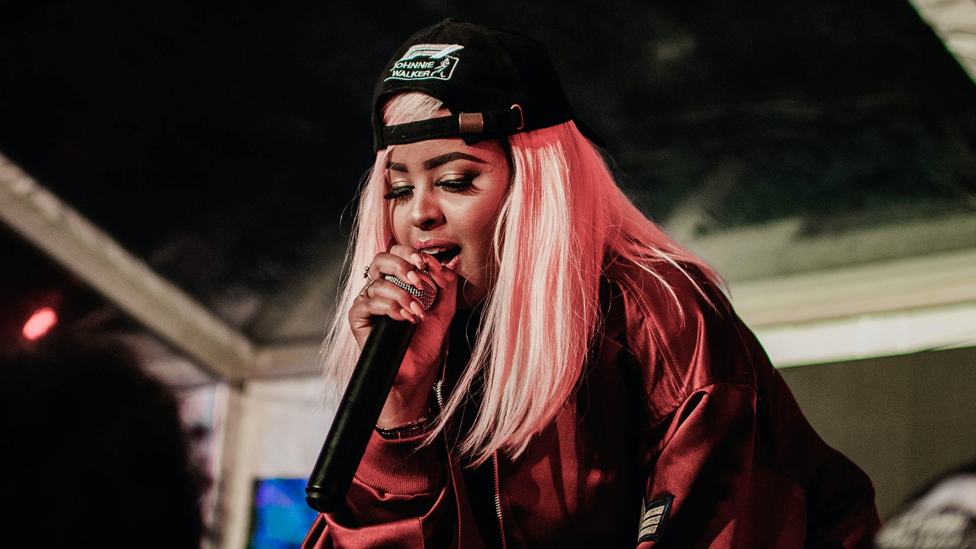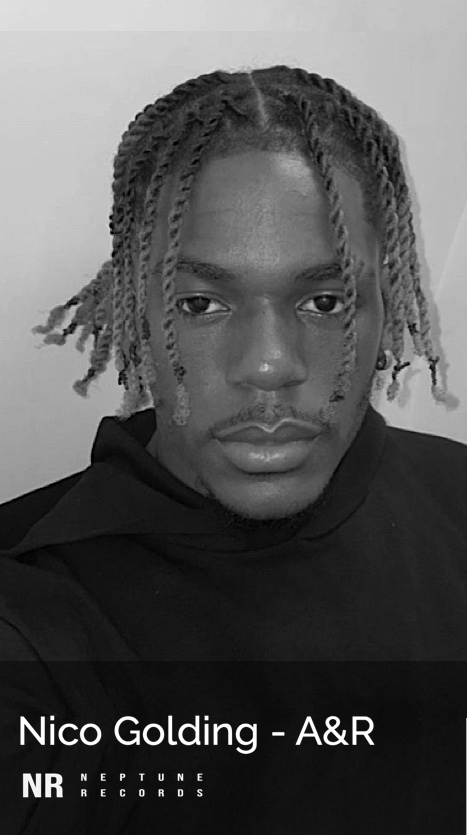Your questions answered
We’ve put together some commonly asked questions to give you more information about Neptune Records, plus some support information for artists and writers.
Independent Record Labels
Independents, like Neptune Records, rarely include publishing or manufacturing. They occasionally run distribution and frequently have new media operations. The indies make 4 out of 5 controlled releases, and sell over 30% of recorded music worldwide.
There are several thousand independents in the UK alone—they are simply record labels that don’t qualify to be called Majors. Some indies specialise in licensing existing recordings but most deal with their own content and artists. The bigger indies normally use Major label distribution, and Majors sometimes own shares or invest in indies.
About 800 indies make up the membership of AIM (founded in 1998).
The meaning of record companies vs. record labels
A record company is a business which deals in recordings (e.g. EMI). A record label is a unit within the company which handles a particular catalogue or repertoire (e.g. Blue Note). A label can specialise in a genre or country, or sometimes just the project of a particular label head. A single record company can run many labels. In practice the terms record company, label and imprint are often used loosely to mean the same thing.

Globally, the indies' share of the music market is at an all-time high of 43.1% - worth $9.8bn
If you have a question that isn't answered here, please contact us.
More and more musicians are going the independent route
By Steve Williams
Music Contributor
17 April 2022
What is an independent artist?
The term covers any musician not signed to a multinational recording label or one of its smaller labels. But within that, there are a few sub-categories.
- DIY acts who upload their own songs to Spotify, YouTube, and iTunes through services like TuneCore and CD Baby.
- Semi-independents, who sign "label services" deals with companies. These firms act like record labels, spending pre-agreed budgets on marketing, distribution and promotion - but, crucially, artists aren't signed to a long-term deal, and retain ownership of their copyrights. However, they are largely responsible for financing the project themselves.
- Artists signed to smaller, independent record labels like Neptune Records.
How big are the indie labels?
It's no secret that major labels are being outpaced by the independent sector. In 2020, indie labels and self-releasing artists saw their revenues grow by 27%, compared to an overall market growth of 7%.
In the UK, the sector represents 26% of the market, a figure that's grown by an average of 1% every year since 2017.
Globally, the indies' share of the music market is at an all-time high of 43.1% - worth a not-too-shabby $9.8bn (£7.19bn), according to research.
Independent labels have an inherent advantage of being incredibly nimble. This sets them up for success in that very dynamic, competitive area of "new music."
What has changed?
In a word: TikTok. The video sharing app has revolutionised the way people discover new music - removing many of the traditional barriers that smaller, DIY artists used to face.
Major record labels would decide who to sign, then market them, and promote them through radio. Then put CDs on the shelves and if the demand was there, it took off. Nowadays the music industry has changed and it’s the fans who set the trend via social media.
In the 80s and 90s,”indie” was thought of as a relatively small market, raw and unpolished music for a select minority. Things have changed, independent musicians span every conceivable genre: from hip-hop and rap to drill, transcending other genres.
Being independent gives artists creative control and freedom over their careers.
Where is this all going?
At the present time, 60,000 songs are uploaded to Spotify every day. That figure will increase with the help of indie labels, as artists become more aware of how easy it is to retain control over their own music.
We'll get your music out worldwide, streaming platforms and social media platforms. Platforms like TikTok and others allow you to get heard and get feedback in real time. Often, by uploading demos or even unfinished songs, artists are able to then get behind the ones their fans seem to connect with the most.

